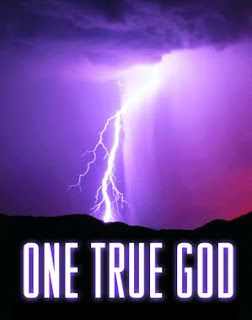
Times have changed now. The western world is well acquainted with the Indian ways. And this is only because of the open mindedness shown by people from both sides. With all these festivals going on, my clients are amused. Not irritated, amused. Our holidays are, perhaps, a concern for them. But somehow they manage not to show it up. They keep asking us the occasion, and each time we have a different answer. Holi, Ganesh Chaturthi, Dassera, Diwali and on and on. I wonder how the west interprets these festivals. There is no doubt the festive celebrations fascinate them like never before. But they are also keen on knowing the legends and mythologies behind them. They must be hearing a lot of stories (even we do), which most of the times do not seem to have a link amongst them. Now, that is obviously very confusing; for that is not how a belief is built. A friend of mine even told me once, all these stories are anything but concurrent.
Hinduism, according to many, comes under the category of polytheism. Hindus across the world believe in and worship Innumerable deities. In different parts of
According to Vedic scriptures – ‘Demigod is the personality people worship for material or worldly possessions. God does not need any worship explicitly. It is through your karma and yoga that you pray to God. It is the soul that resides within your heart.’ And through most of the Hindu texts, one such name arises, on whose discourse the complete religion is based – Lord Krishna. He is the only Supreme Personality in Hinduism, making the faith monotheist. The rest of the deities, including the most powerful Shiva and Brahma, are Demigods. Let me make it clear that these are not my views. This is what is told in Bhagvad Gita, the very foundation of the religion. And what makes it apt (or ironical, for some!) is the fact that it is believed to be told by the Supremo Himself. According to the Gita – ‘Demigods are the representatives of God, just like there is a king and his ministers. Hence there are many Demigods but only one God. Demigods exist only in their universe. There are infinite such universes. As the Supreme Personality inhales and exhales, these universes go into Him and come out of Him.’
It is also mentioned – ‘when Lord Krishna lies in the
Eventually, Hinduism is not just a religion. It is a way of life. It is a guide to spiritual existence. It teaches to communicate with one’s inner self. There are no decrees for a person to become a Hindu. One need not follow a protocol to proclaim himself a Hindu. He can follow some other faith and be Hindu at the same time. Or he may be an atheist and even be a Hindu. That is the beauty of Hinduism. A person has the freedom to worship whatever / whomever he wants to. Also he has the freedom of not to believe at all. Perhaps that is why we have so many festivals. We know we have taken birth to celebrate life. Hinduism is all about finding the real truth; it is about accepting all the beliefs with the same compassion; it is all about uniting humanity under one haven and making it humane.
